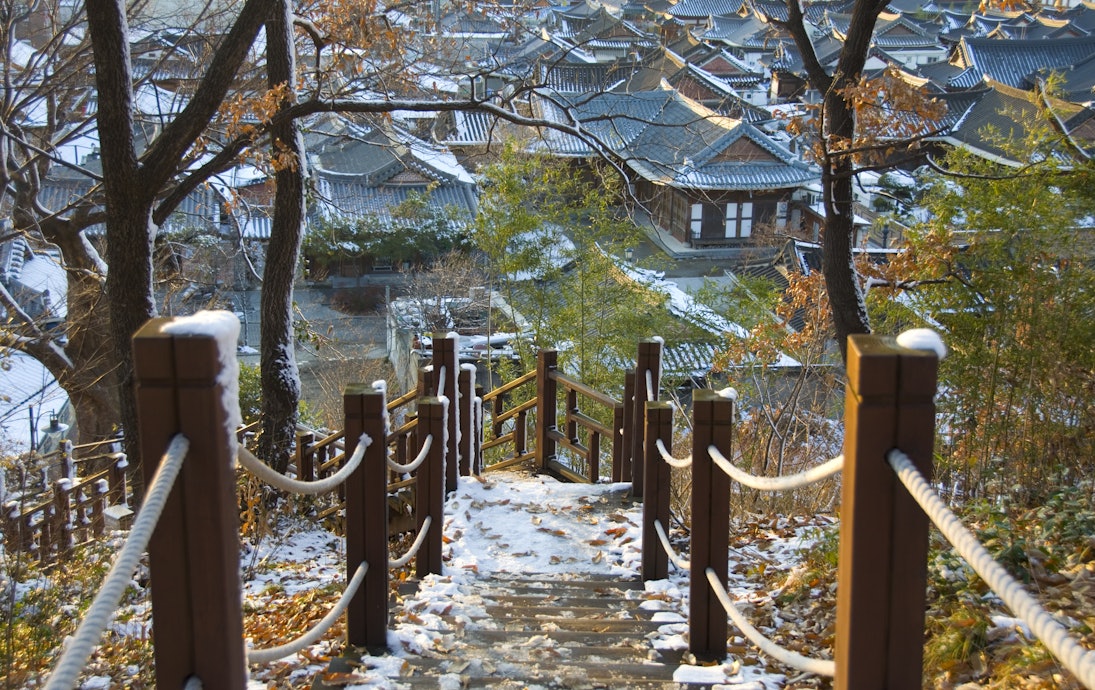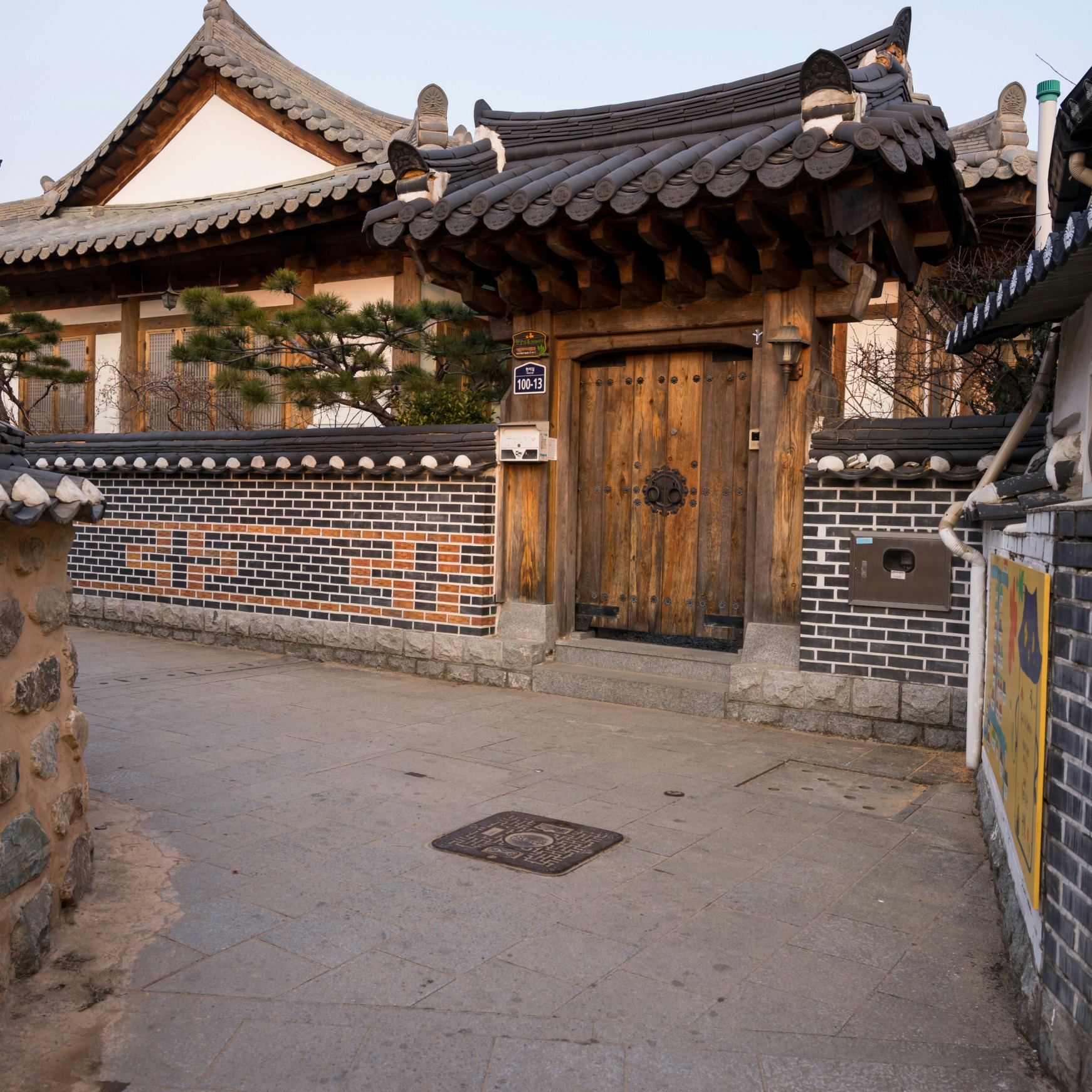

Getty Images/Moment Open
Overview
Jeonju (전주), the provincial capital of Jeollabuk-do, is famous for being the birthplace of both the Joseon dynasty and Korea’s most well-known culinary delight, bibimbap (rice, egg and vegetables with a hot sauce). Centrally located, the city is the perfect base from which to explore Jeollabuk-do, as it’s the regional hub for buses and trains.
Leave the planning to a local expert
Experience the real Jeonju. Let a local expert handle the planning for you.
Must-see attractions
Get a book. Get inspired. Get exploring.
in partnership with getyourguide








